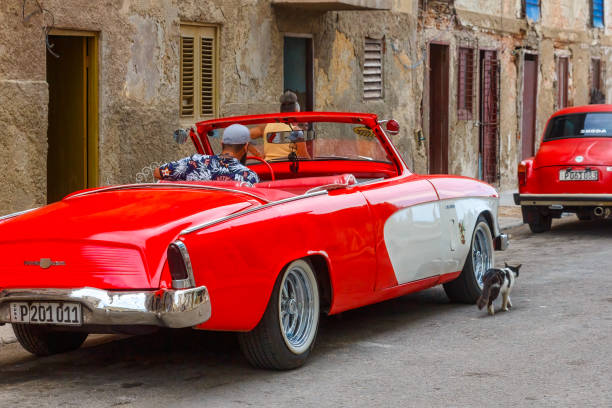Comprar um carro seminovo pode ser uma experiência emocionante, pois permite que você adquira um veículo a um preço mais acessível, com traços únicos e um histórico anterior, aspectos que muitas vezes não estão presentes em veículos novos. Contudo, é essencial realizar essa aquisição com atenção e transparência, assegurando que o carro selecionado atenda a todas as suas necessidades e desejos. Este artigo tem como objetivo funcionar como um guia prático, ressaltando os pontos principais a serem considerados antes de efetuar esse investimento.
1. Thoughts on the budget
Before you start looking for a used car, it’s important to set a budget. Think about more than just the initial purchase price. Consider matters such as insurance, taxes, registration and possible repairs.
2. Check and study
If you want to buy a used car, do as much research as possible. Learn as much as you can about the model and create what you want. It is also important to perform a thorough inspection to discover hidden problems that could lead to expensive repairs later.
3. View the history of a car
A very important part of buying a car is looking at its history. This report can tell you a lot about the car’s history, such as whether there have been any accidents with it or whether there are any problems with the name. Many online services offer complete reports on a vehicle’s history for a small fee.
4. Mechanical condition
Checking the mechanical condition of your car is important for safe driving. The engine, transmission, brakes and suspension require your full attention. It is also important to look for rust or damage to the frame, as these can weaken the structure of the vehicle.
5. Test drive
When buying a used car, don’t forget how important it is to test drive it. Take the car for a test drive to see how it performs, drives and is comfortable. Pay attention to any strange noises and how the car handles different road conditions.
6. Proof of legality
When purchasing a used car, it is important that all legal documents are in order. Make sure the seller has clear title to the car and that all documents required to transfer ownership are completed correctly.
Talk about it
You must be willing to negotiate the price of your old car. Make sure you know the value of the car and be prepared to walk away if the seller doesn’t agree to your terms. Don’t forget that there are many more used cars out there just waiting to be discovered.
7. Care and maintenance
Older cars may require more maintenance than new cars. To keep your car running smoothly, it’s important to set aside money for regular maintenance. To keep your car in good condition, find a trusted mechanic who specializes in repairing older cars.
8. Thoughts about insurance
Insuring a used car can be cheaper than a new car, but when choosing a policy it is important to consider factors such as the car’s age, condition and safety features. View numerous quotes to find the best coverage at the best price.
9. Future value
Classic cars can become more valuable over time, although older cars may not retain their value as well as new cars. Before buying a car, get an idea of its future value by looking at factors such as the car’s condition, rarity and historical importance.
10. Effect on the environment
Typically, older cars emit more pollutants and use more gasoline than new cars. Consider how your purchases will affect the environment and look for ways to reduce your carbon footprint, such as buying a car that uses less gas or finding alternative ways to get around.
11. Various options
If you’re not sure if buying a used car is right for you, you can lease or purchase a certified pre-owned vehicle. Consider the pros and cons of each option to find the one that best suits your needs and budget.
FAQs
1. Is buying a used car a good idea?
If you prioritize price and are willing to invest time and money in repairs, it may be worth it.
2. How do you know if an old car is still in good condition?
You can find out how reliable a car is by carefully inspecting it and looking at its history.
3. Is there a way to finance the purchase of a used car?
Some banks and credit unions will lend you money to buy a used car, but the interest rate may be higher than a new car.
4. What should I do if the used car I want to buy has scrapping rights?
To understand the extent of the damage, you need to be careful and have your car carefully inspected by a mechanic.
5. What can I do to make sure I don’t buy lemons?
You can avoid buying a lemon by researching the car, inspecting it thoroughly and getting a report on its history.
Conclusion
Buying used cars can be fun because they are often cheaper and have more character than newer models. If you consider these important things and do your research, you should be able to find a reliable car that will give you years of enjoyment and satisfaction.



